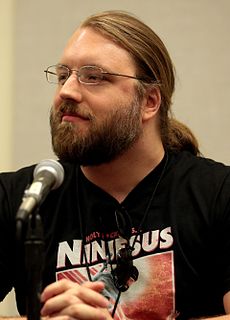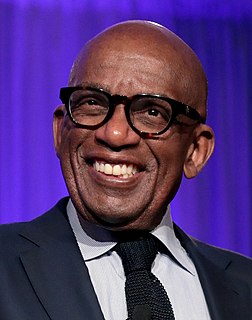A Quote by Jason Mraz
I guess my music career is my personal life. You know, I've always been a writer who wants to write about my experiences. And so this experience being added to that, I - I want to live extraordinary experiences. And when I give advice to people, I want it to be sage advice.
Related Quotes
A lot of people talk about life. Some love it. Some disparage it. And a few realize that life can be what you make it because they have learned from past experiences. Lessons learned from these experiences have often contributed greatly toward seeing the possibilities in what some people call "the game of life." When we've "been there" and "done that," we can have as good of an idea of what we don't want as what we do want. Experience is certainly an excellent teacher!
The single best piece of advice I give to aspiring writers is to always write about things that they know. I suggest that they write about people and places and events and conflicts they are familiar with. That way their writing will be real and hopefully readers will respond to it. I try to take my own advice.
I think the first thing - if you want to be a writer - the first thing you need to do is write. Which sounds like an obvious piece of advice. But so many people have this feeling they want to be a writer and they love to read but they don't actually write very much. The main part of being a writer, though, is being profoundly alone for hours on end, uninterrupted by email or friends or children or romantic partners and really sinking into the work and writing. That's how I write. That's how writing gets done.
The most common thing I find is very brilliant, acute, young people who want to become writers but they are not writing. You know, they really badly want to write a book but they are not writing it. The only advice I can give them is to just write it, get to the end of it. And, you know, if it's not good enough, write another one.
You're part of the human fabric of experience. You don't have to have cancer to write about cancer. You don't have to have somebody close to you die to understand what death is. Definitely, the more you live, the more experiences fall into your spectrum. As a writer, you must have been told: Write about what you know. But Kafka didn't. Gogol didn't. Did Shakespeare write only what he knew? Our own selves are limitless. And our capacity for empathy is giant.
I'm being explicit about really horrifying experiences in my life, but my hope has always been to be responsible as an artist and to avoid indulging in my misery, or to come off as an exhibitionist. I don't want to make the listener complicit in my vulnerable prose poem of depression, I just want to honor the experience. I'm not the victim here, and I'm not seeking other peoples' sympathy. I don't blame my parents, they did the best they could.




































